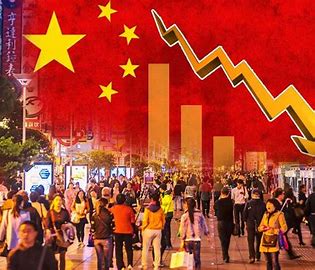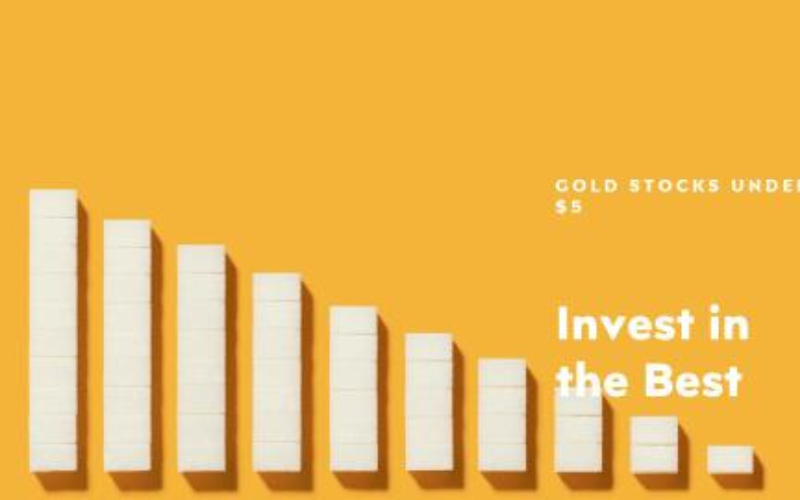China’s economic landscape is increasingly becoming characterized by uncertainty and disappointing policy responses, according to UOB Kay Hian, an investment banking group. With slower-than-expected growth and tepid government interventions, analysts are cautioning that this could be the “new normal” for the world’s second-largest economy.
Slowing Growth and Policy Measures
China’s post-pandemic recovery has been weaker than anticipated. Several economic indicators have underwhelmed, with slower consumer demand, a sluggish property sector, and weak industrial output driving concerns. To counter these trends, the Chinese government has rolled out a series of economic measures, but the policies have largely been deemed insufficient by market watchers.
Despite efforts to stimulate growth, such as reducing interest rates and injecting liquidity into the banking sector, the overall impact has been lackluster. UOB Kay Hian points out that the lack of strong, decisive policy action is exacerbating the economic challenges the country faces, leaving markets unimpressed.
Property Market Woes
China’s property sector, a significant contributor to the economy, has also been a major source of weakness. After years of rapid growth, the sector has cooled dramatically, with high levels of debt, declining home sales, and struggling developers weighing on the broader economy. Recent government measures to prop up the sector have done little to inspire confidence, with analysts calling for more aggressive action.
China’s real estate troubles have further dampened consumer sentiment, adding to the woes of the economy. With many citizens holding their wealth in property, the decline in real estate prices has negatively impacted consumer spending, another key driver of economic growth.
Weak Industrial Output
Industrial production in China has also slowed, reflecting weak demand both domestically and internationally. A slowdown in global trade, along with China’s own internal challenges, has led to declines in manufacturing output. The lack of robust policy initiatives to address this issue has raised concerns that industrial stagnation could persist for the foreseeable future.
Global Impact
China’s economic slowdown has reverberated across global markets. Given the country’s central role in global supply chains and as a key driver of demand for commodities, any prolonged weakness in its economy could have significant implications for global growth.
Many international companies with exposure to China, particularly those in the tech, manufacturing, and luxury goods sectors, are feeling the effects of the slowdown. Concerns are growing that if China’s economic issues are not addressed with more aggressive policies, the global economy could face extended periods of uncertainty.
New Normal?
According to UOB Kay Hian, this environment of economic underperformance and inadequate policy responses could be the “new normal” for China. The firm argues that without more decisive and comprehensive actions from the Chinese government, the country may struggle to return to its pre-pandemic growth trajectory. As the economy adjusts to this new reality, businesses and investors will need to recalibrate their expectations.
China’s economic challenges highlight the importance of effective policy responses in addressing structural issues. Whether the country will take stronger action to spur growth remains to be seen, but for now, analysts are preparing for continued uncertainty.



